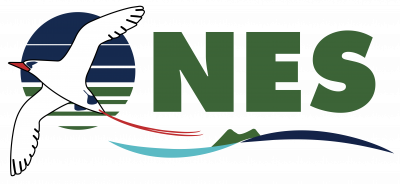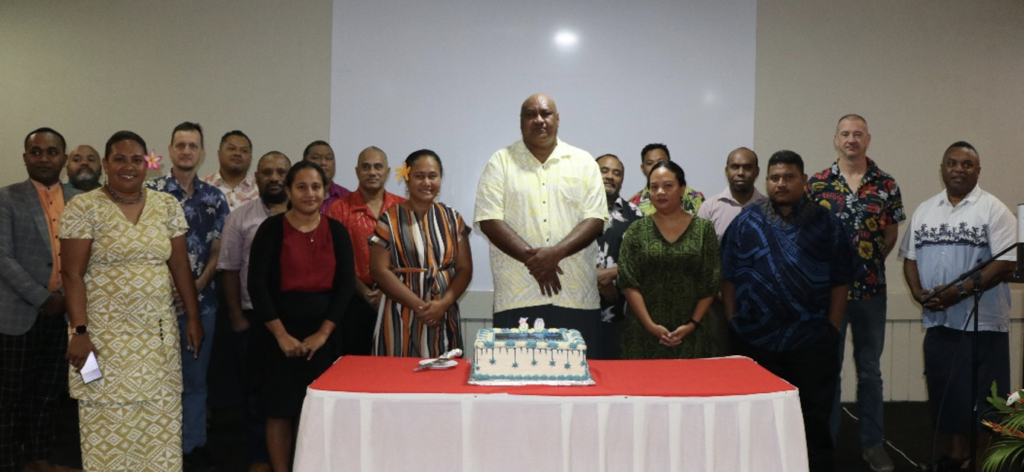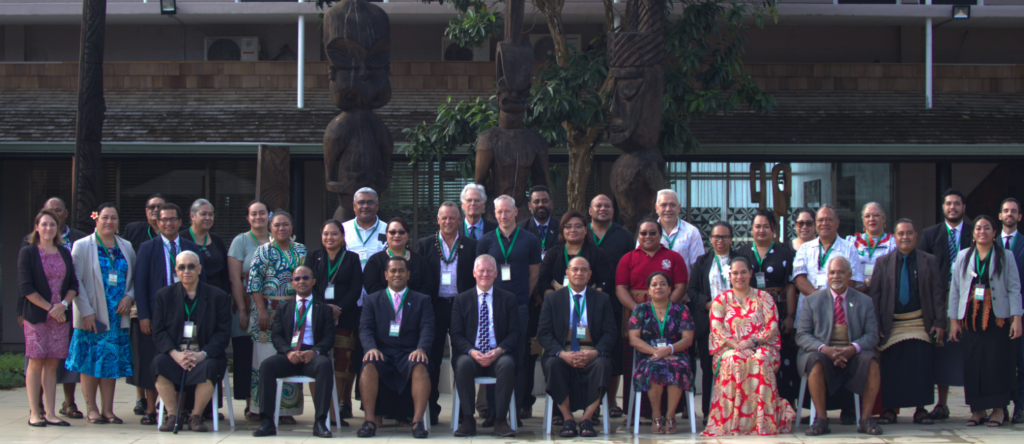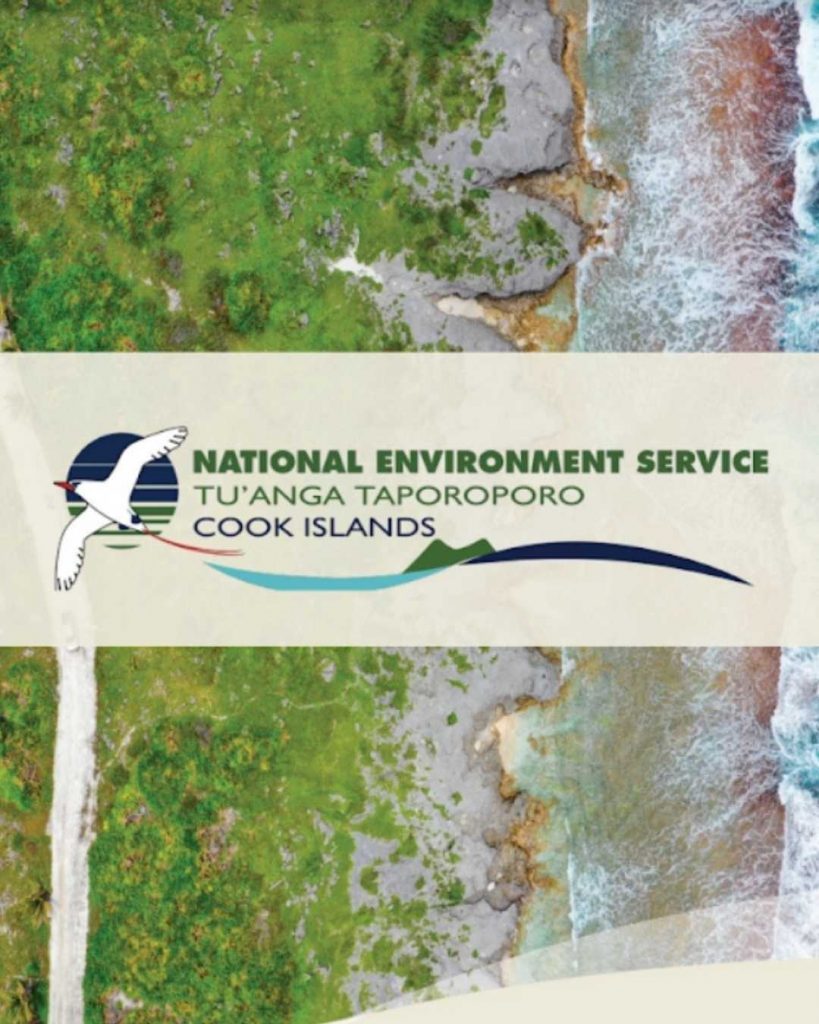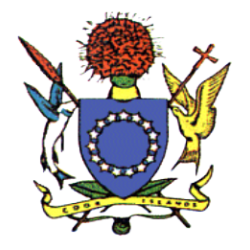NES GEF-7 Project Officer, Terena Koteka-Wiki, recently attended the first Pacific Biodiversity and Sustainable Land-Seascapes (Pacific BioScapes) Programme steering committee meeting.
Pacific Island countries have identified many critical issues and national priorities to protect biodiversity, communities and ecosystems in the region. The Pacific BioScapes programme aims to support and assist with better managing our coastal and marine resources and adapting to climate change through conservation of ecosystem-based resources.
Organizations present at the meeting included Birdlife International, Wildlife Conservation Society (WSC), the International Union for Conservation of Nature (IUCN) and The Nature Conservancy (TNC). Representatives from the Secretariat of the Pacific Regional Environment Programme (SPREP) and the European Union were also present, with one representative from each participating national government and two representatives from each contracted partner attending the meeting.
The programme was presented in its entirety to the 11 target countries, and a review of the programme’s current approach and strategy was explained to allow participants the opportunity to gain a better understanding. Over the course of the two-day workshop, programme partners presented updates on project activities. Some of the activities included marine spatial planning (MSP), tourism guidelines for marine life and habitat sustainability, and seabird population monitoring. Country representatives were encouraged to meet with partners from the programme to discuss national priorities, potential challenges and work together to find possible solutions.
Terena met with Marine Programme Coordinator, Mr. James Slogan from IUCN, to discuss ways to strengthen the sustainable use of marine and coastal resources with Marine Spatial Planning (MSP). The goal is to produce a marine spatial plan for the Cook Islands and to review the communications plan on the project. This particular breakout session allowed the opportunity to review the draft activity brief, ask questions and access additional information and resources.
Breakout groups continued the following day when Terena met with TNC Deputy Director, Ms. Clark. They discussed the common issues and threats of hawksbills and leatherback turtles in the region. A Turtle Research and Monitoring Database System (TREDS), which is a long-term turtle survey monitoring programme, has been developed and is available for use across the Pacific region. BioScapes is also looking to establish national turtle monitoring coordinators to improve long-term national monitoring and awareness raising for turtle conservation.
The Pacific BioScapes Programme will provide many benefits to NES and the Cook Islands, through close support from IUCN in marine conservation initiatives. The programme will be led by the Marae Moana Coordination Office, with close implementation support from its Technical Advisory Committee, of which NES is a member.
